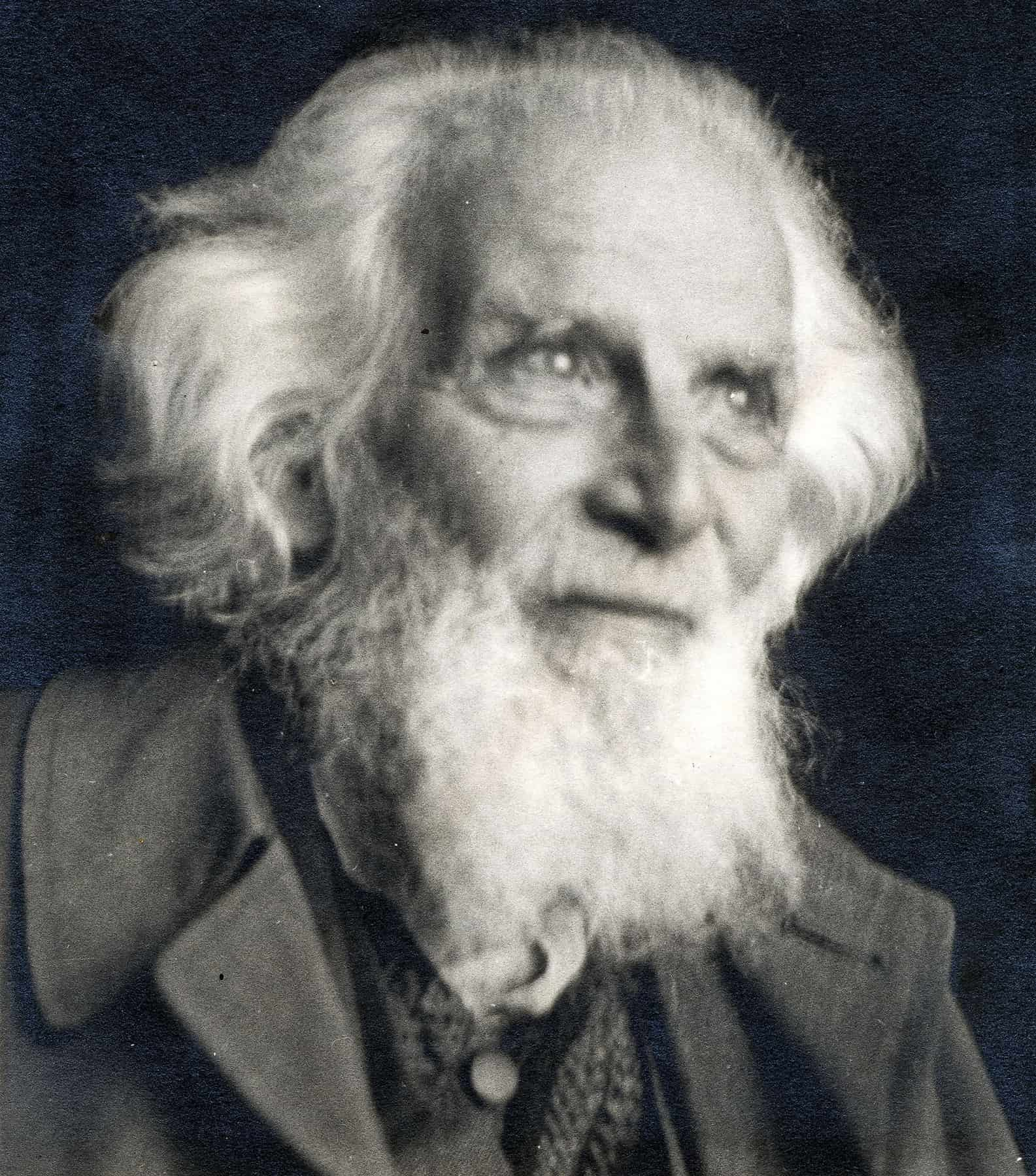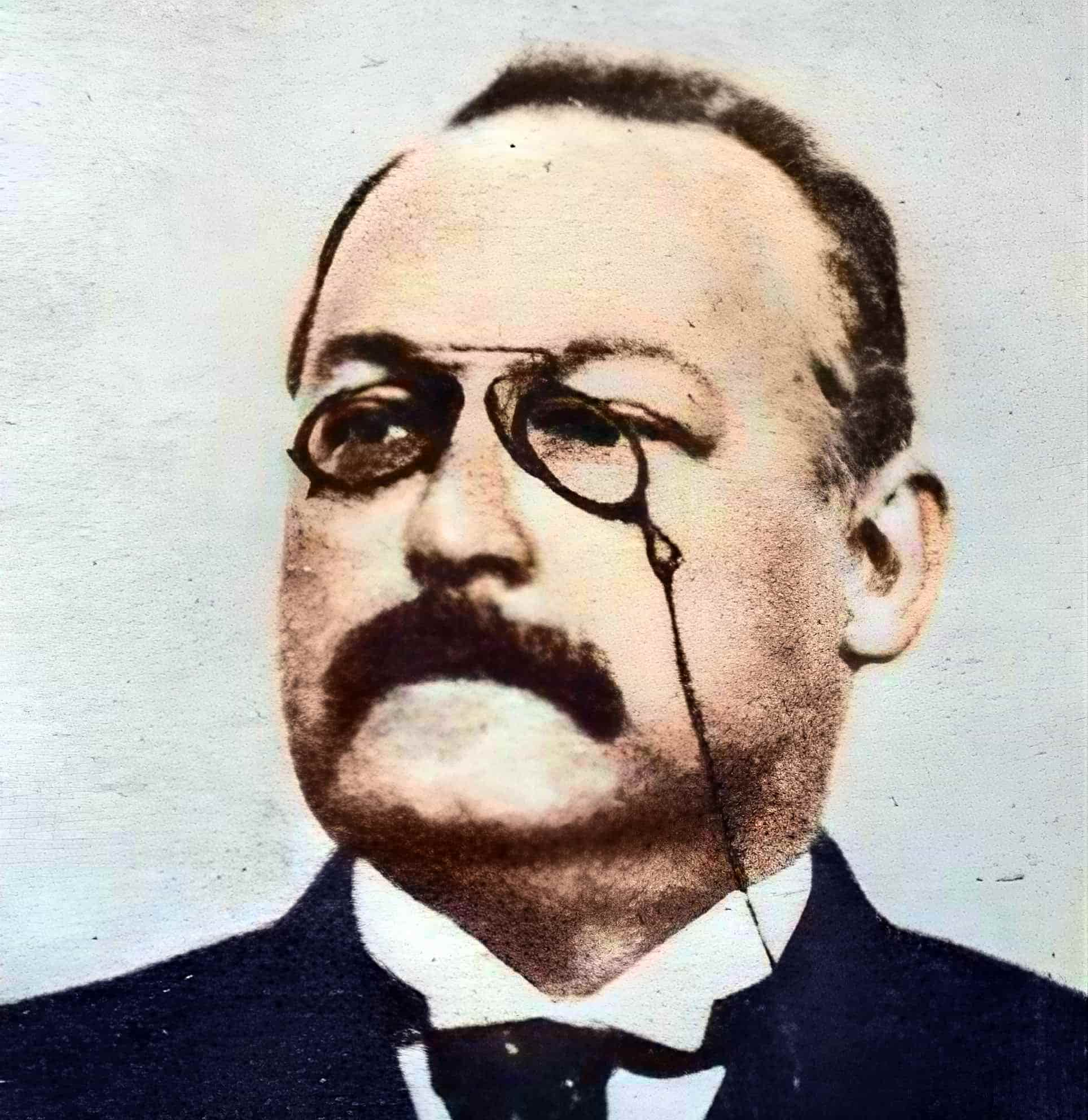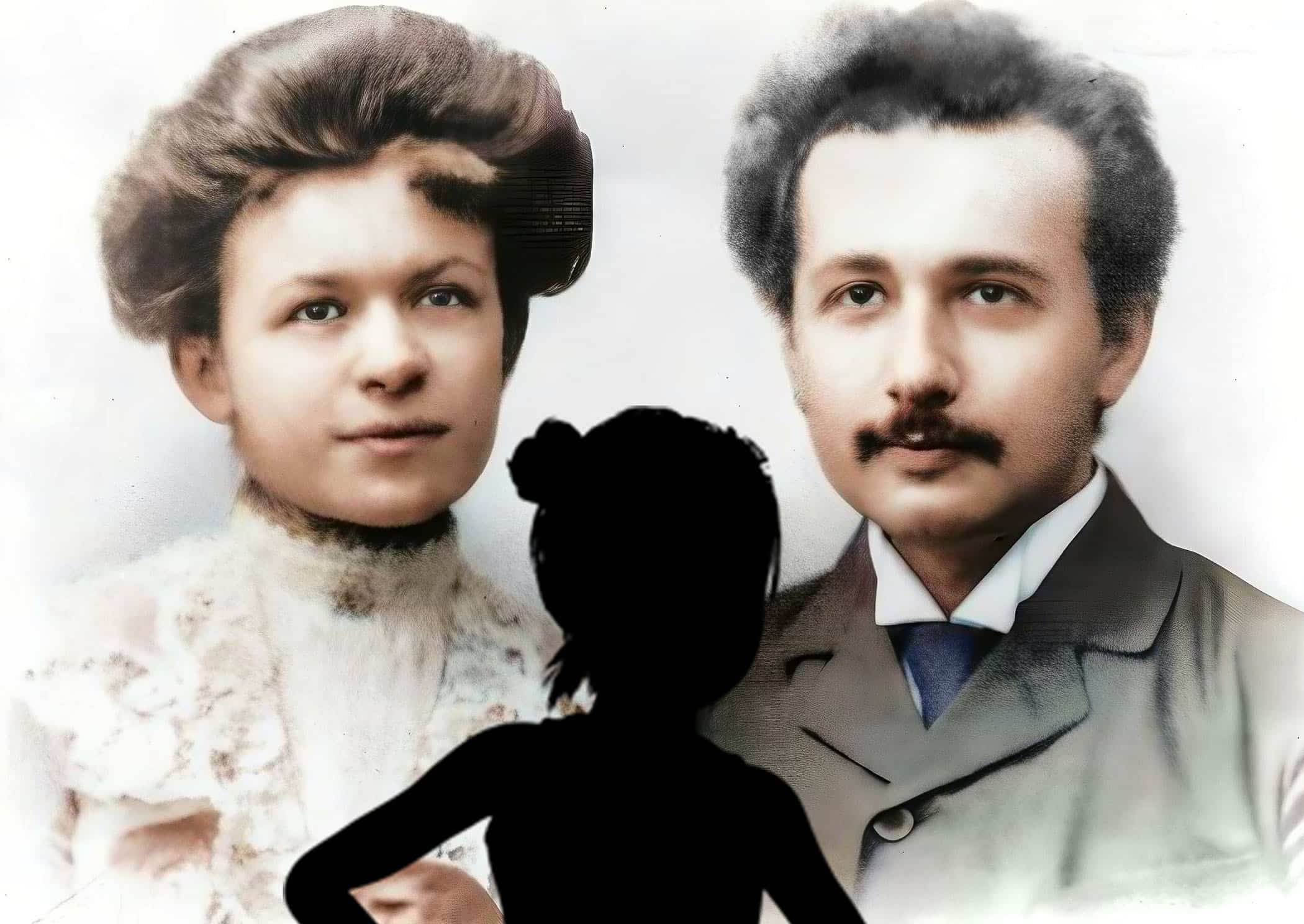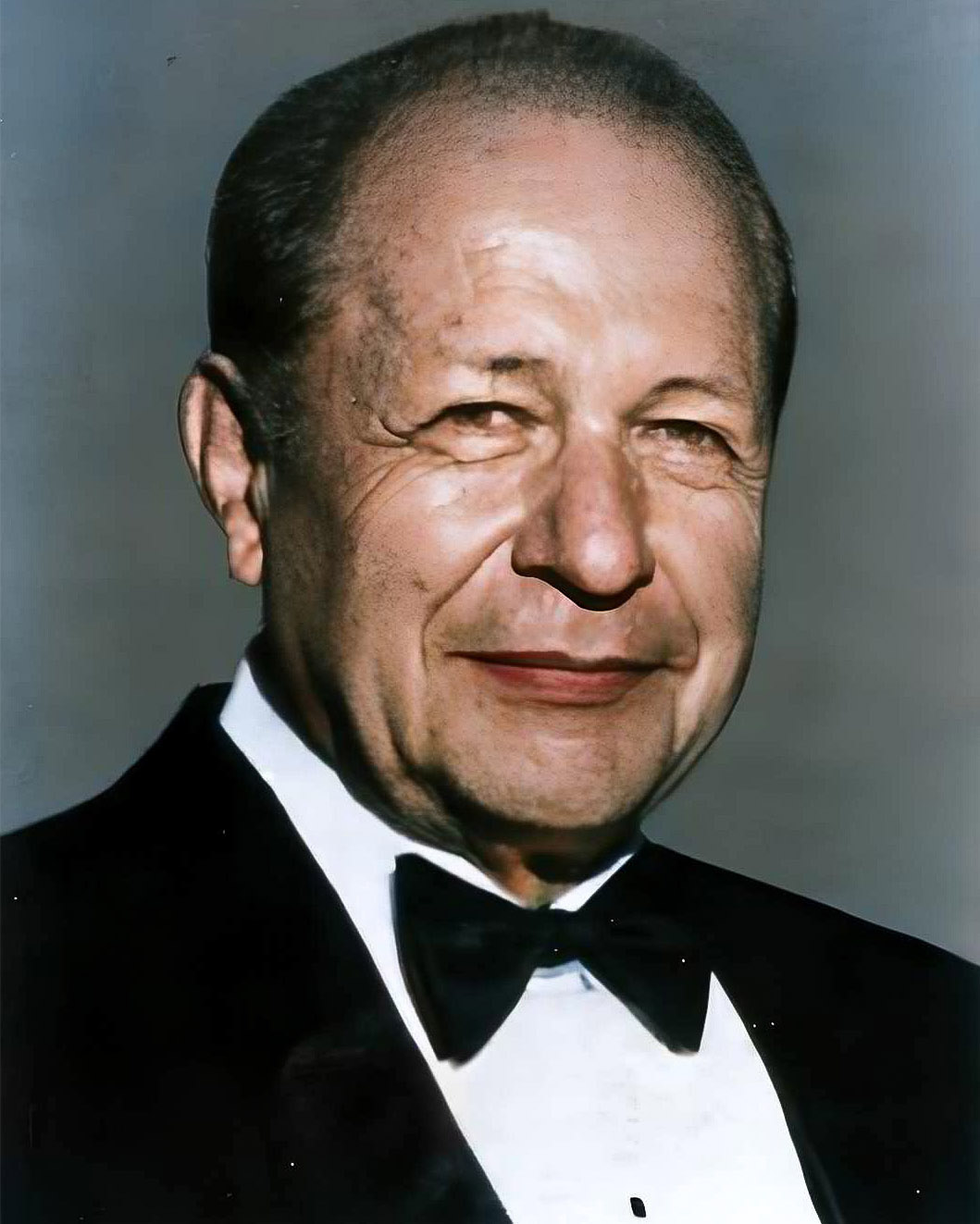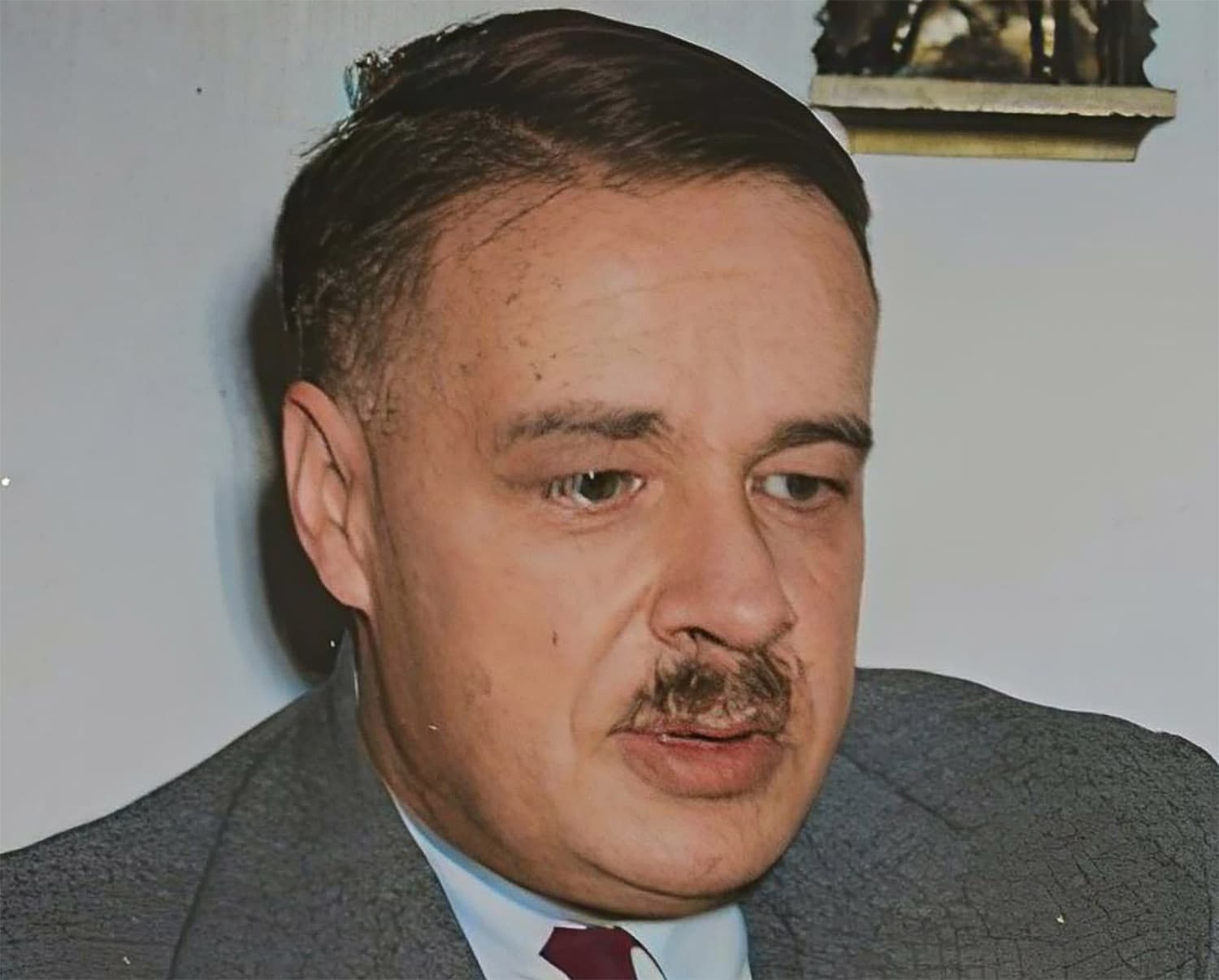- Grandson of Albert Einstein, son of Hans Albert Einstein.
- Raised in Switzerland and the United States
- Married Doris Aude Ascher and had five children.
- Worked in electronics and specialized in night vision technology.
Bernhard Caesar Einstein (1930–2008), the son of Hans Albert Einstein, was a German-American engineer. Only three of Albert Einstein‘s grandchildren are known to exist, and Bernhard Caesar was the only one to reach adulthood. Bernhard was also a physicist, albeit not quite as accomplished as his grandfather had been. Like his grandfather, father, and grandmother, Mileva Maric, before him, he majored in physics at Switzerland’s prestigious ETH (Federal Institute of Technology) in Zurich. His father, Hans Albert, died in 1973 and was buried in Massachusetts.
His Early Years
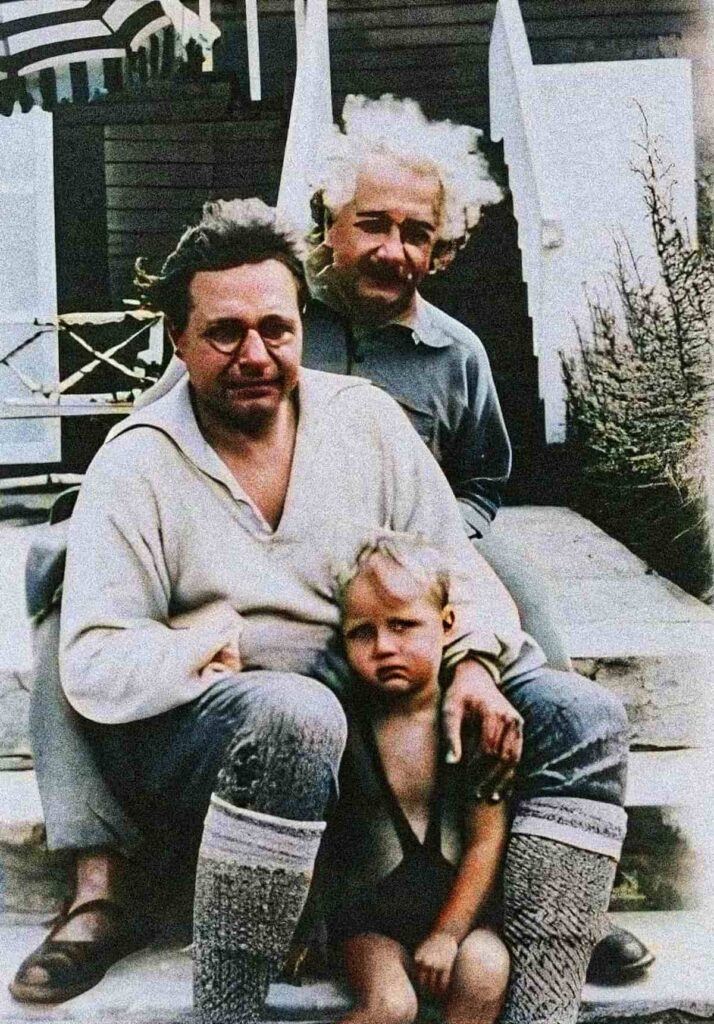
Hans Albert was working on a bridge project in Dortmund, Germany, when Bernhard was born on July 10, 1930. His half-Jewish family gave Bernhard a Germanic name (bern, “bear” + hard, “hardy”) and a Latin name after Julius Caesar. His uncle, Eduard Einstein, suffered from schizophrenia and died that year.
Bernhard Caesar had two brothers. His first brother, Klaus Martin, was born in 1932 but died at age 6 of diphtheria. The second is Evelyn, who was born in 1941 and adopted by the family. His mother, Frieda Knecht, died in 1958, and then his father remarried Elizabeth Roboz, a neuroscientist, with whom he had no children.
Before his family relocated to South Carolina when he was eight years old, Bernhard was pretty much raised in Switzerland. Since Hans Albert was a lecturer at the California Institute of Technology, Bernhard spent most of his adolescence there and at Berkeley.
Meeting with Albert Einstein
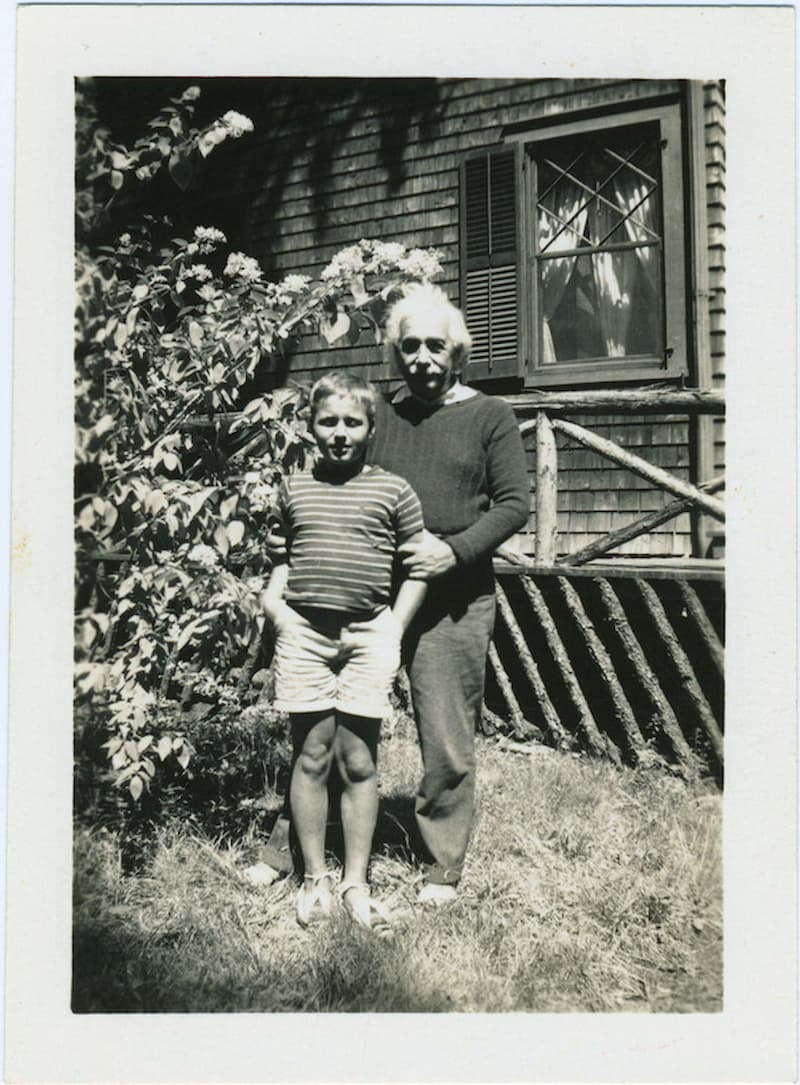
When Bernhard was two years old, he met his legendary grandpa Albert Einstein for the first time. The Einstein dynasty vacationed at Saranac Lake, New York, and New Jersey during this brief period. Einstein often went boating and sailing with his grandson, just like he did with his stepdaughter, Ilse Einstein (1897–1934).
According to Bernhard, Einstein did not approve of fishing as a recreational activity and thought fish should only be taken for consumption:
“Grandfather would only allow me to go fishing if I ate all the fish I caught, so I caught one fish early in the morning and ate it for breakfast.”
Einstein was notoriously quiet throughout the sails. He found the tranquility appealing and said that it posed the greatest challenge to sailors. In the three hours they were out, they managed to cover just around 0.6 miles.
Albert Einstein even gave his grandson his violin since the great physicist was a die-hard violin fan and he knew how much the young man would enjoy playing it. In addition, Einstein handed Bernhard some money during his visit. However, Einstein is known to have left most of his wealth and property to Jerusalem University upon his death in 1955 to facilitate scientific research.
Academic Pursuits
Concerned about the emergence of Nazi Germany, Albert Einstein urged his grandson Hans Albert to follow in his footsteps and leave Germany for the United States in 1933. Bernhard obtained a number of patents in electronics during his time as an engineer with Texas Instruments and Litton Industries after studying at UC Berkeley and ETH Zurich. Together, he and his wife, Doris Aude Ascher, had a brood of five kids.
What Did Bernhard Achieve?
Bernhard Einstein was likely very bright, but not as successful as either his father Hans or grandfather Albert. Even if some of Albert’s descendants had inherited his intelligence, they still wouldn’t have been Albert Einstein. He was built differently.
In the sphere of engineering, Bernhard Caesar Einstein contributed to the development of electron tube technology. His research centered on ways to improve night vision through the use of amplified light. While at Litton Industries, he submitted four patents to the United States Patent and Trademark Office (USPTO) for this technique. These patents have provided a guide to the evolution of night vision technology and have broader implications for the electronics industry. No particular prizes or recognitions obtained by him are known to have been made public.
Bernhard also sent a letter to Belgian documentary director Françoise Wolff, recounting his grandfather’s recollections. The letter was used as the introduction to a film released in 1998.
Meeting the Love of His Life
Bernhard met Doris Aude Ascher while he was stationed in southern Germany with the United States Army. Doris’ mother was a primary school teacher, Elsa Schüt, and his father was a prisoner of war in World War I. The father had studied zoology, mathematics, and botany and received a doctorate in 1923. Bernhard said that the army gave him “self-discipline.”
His Children
More than twenty great-great-grandchildren of Albert Einstein have been produced by his five great-grandchildren.
Doris Aude Ascher, born in 1930, had been Bernhard Caesar Einstein’s first and only wife until her death in 2008, the same year as Bernhard’s death on September 30. In 1954, they tied the knot and raised five children as a couple. Bernhard named one of his children “Eduard” after his uncle, who died from schizophrenia.
- Thomas Martin Einstein (Swiss, b. 1955)
- Paul Michael Einstein (Swiss, b. 1959)
- Eduard Albert “Ted” Einstein (Dallas, Texas, b. 1961)
- Mira Einstein-Yehieli (Los Angeles, b. 1965)
- Charles Quincy Ascher “Charly” Einstein (American, b. 1971)
Bernhard Einstein’s children have taken divergent career paths. Dr. Thomas Martin Einstein operates an outpatient surgical center in the greater Los Angeles region. He provides anesthetic services to California’s plastic, dental, and oral surgeons. Currently residing in the south of France, Paul Michael Einstein is a classical violinist. In Los Angeles, Eduard Albert “Ted” Einstein owns and operates a furniture shop. There is also a Switzerland-based musician and telemarketing business partner, Mira Einstein-Yehieli, who lives in Israel with her family. Lastly, Charles Einstein now works as a spokesman for a major Swiss hospital.
Featured Image: Thomaseinstein, CC BY-SA 3.0, edited from original









